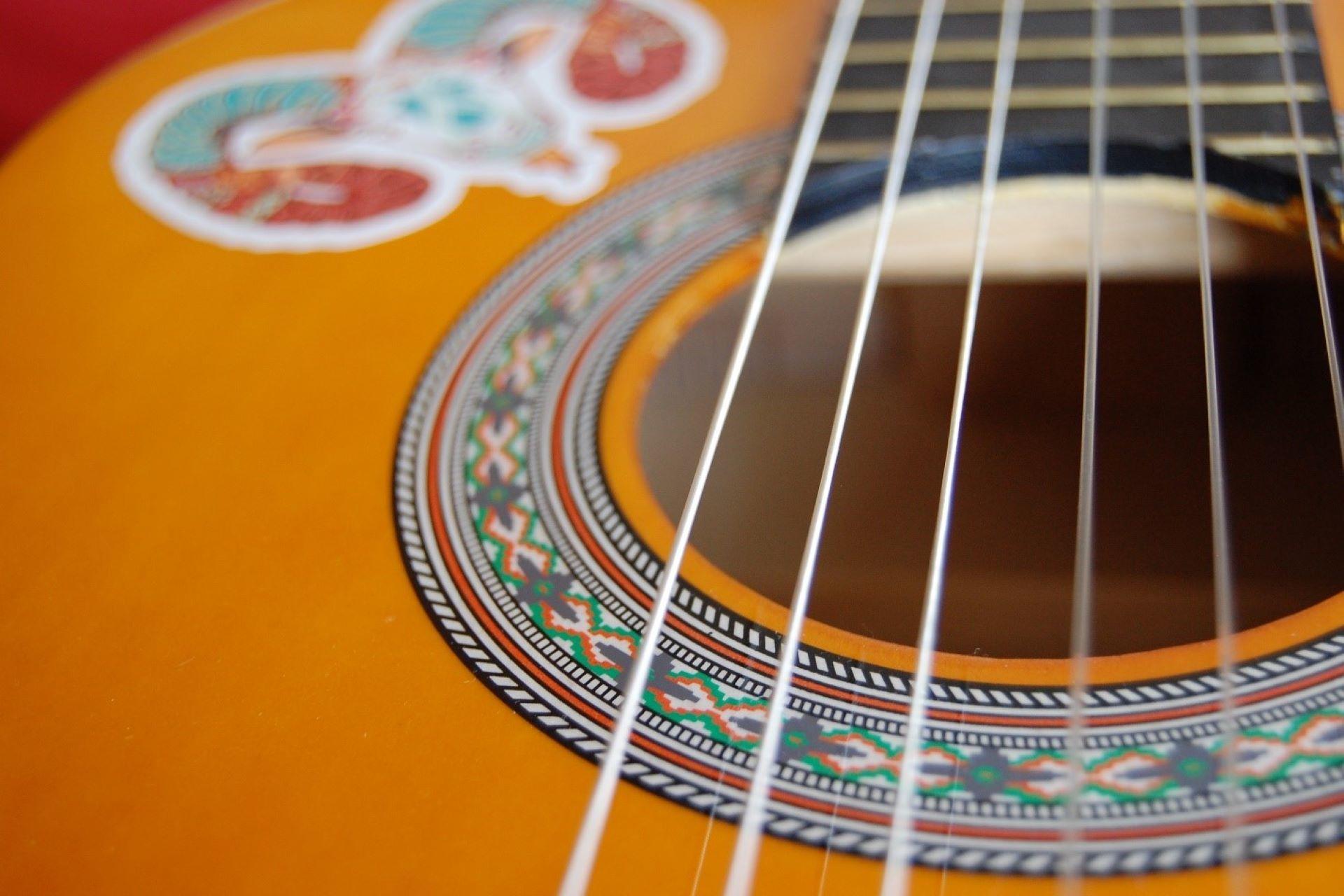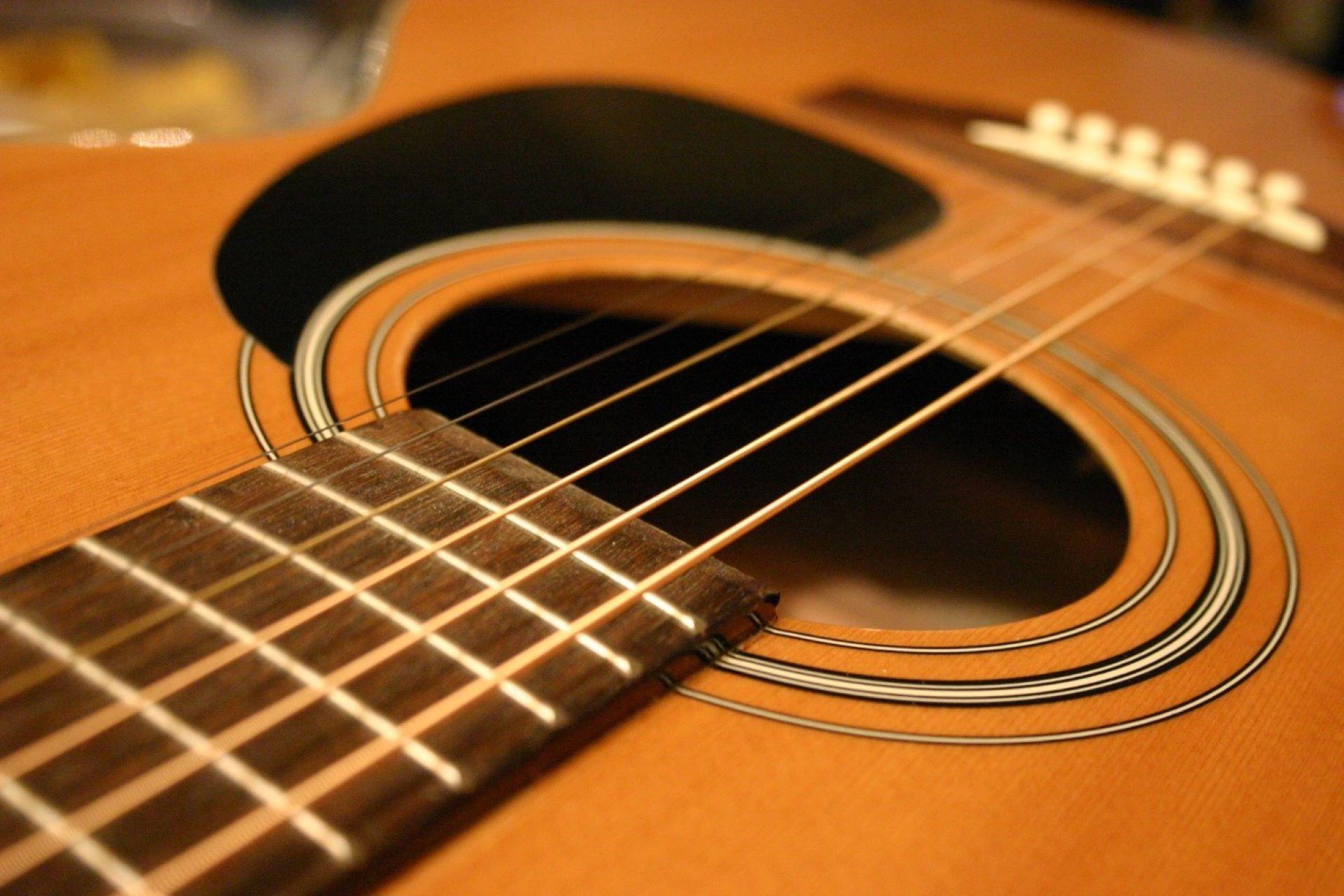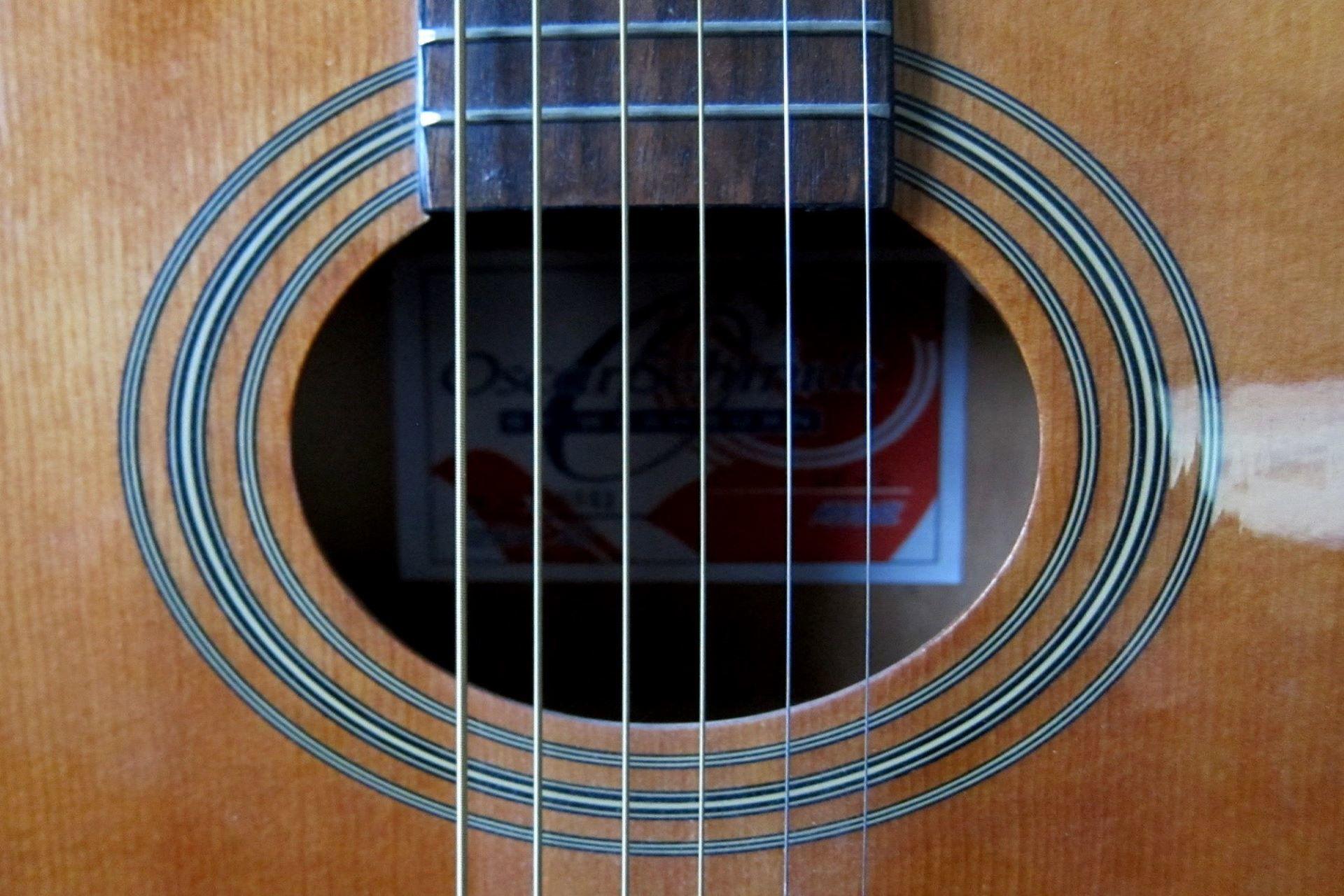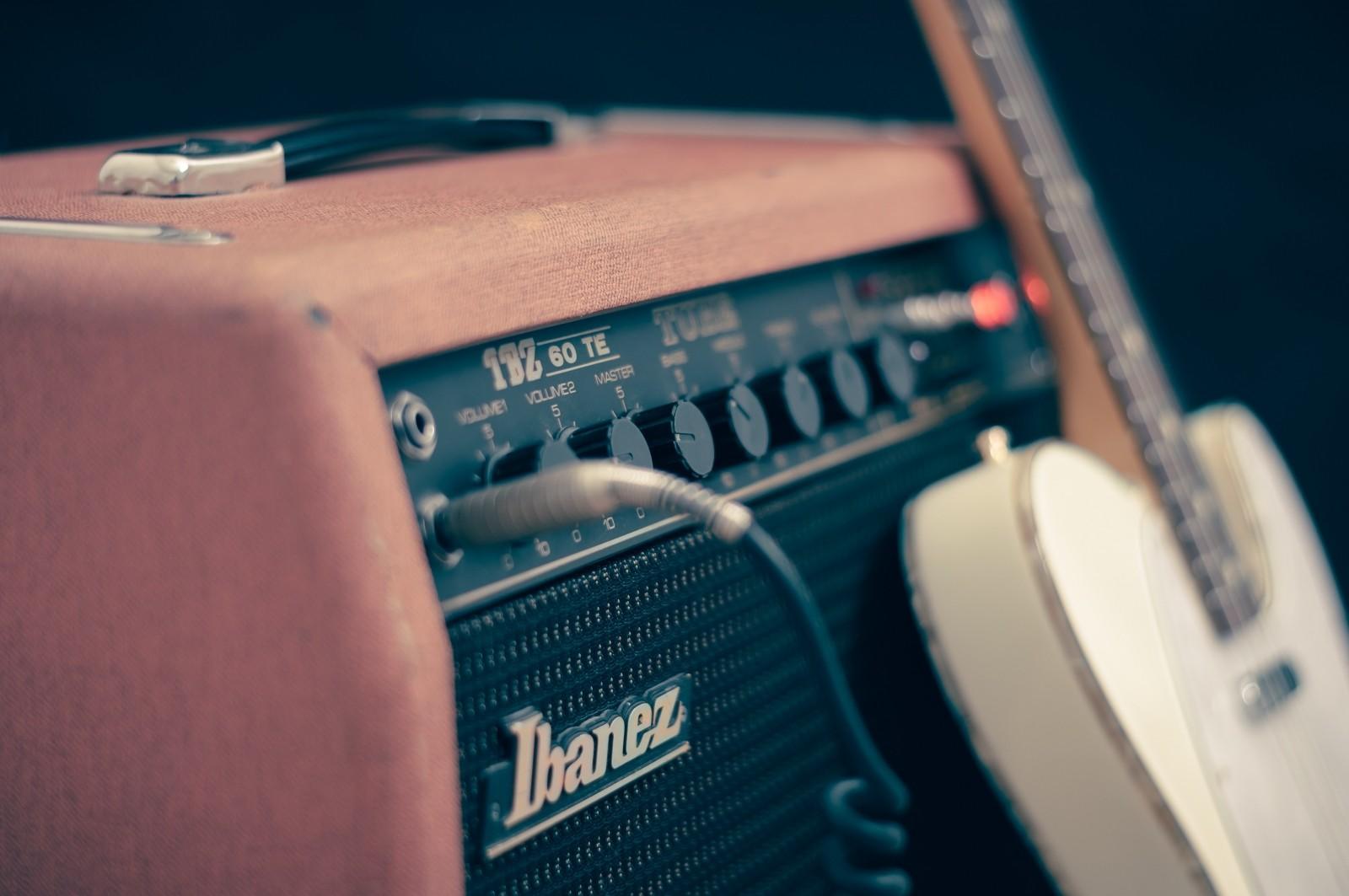As one of the most iconic musical instruments to date, guitars can be found in tens of different shapes and sizes. From the classic to the electric to the bass, each variation brings with itself a new class of artists, musicians, and audiences to the music industry.
However, one particular type of guitar has remained off the radar, which is ironic considering its power in amplification. We are, of course, talking about a resonator guitar. Although this guitar variation has been a game changer for music producers, it is still one that most beginners don’t know about and one that a majority find hard to learn.
But don’t worry, and tune in as we explain what a resonator guitar is, what makes it so special, and how you can start taking private resonator guitar lessons from professional tutors today.

What Exactly is a Resonator Guitar?

A resonator guitar, also known as a resophonic, is a type of acoustic guitar that optimizes built-in resonators to amplify its sound. You can easily identify one through the disk-like component under its strings.
Beneath this disk lie one or more metallic cone-shaped speakers connected to the guitar’s bridge. These speakers act as the resonators. Though they’re usually made of aluminum, they also come in ceramic and glass. A resonator guitar workswhen the strings are played and their vibrations are carried through the bridge to the resonators, which amplifies the notes like a speaker.
Typically, resonator guitars are round-shaped. Some come with multiple resonators, allowing the guitarist to play various notes. Their primary goal is to emphasize every note so the music is louder than the other instruments and enhance resonator guitar functionality.
Ready to learn this type of guitar in action? Say no more. At Superprof, you can find hundreds of private guitar tutors eager to help you polish your skills as a professional guitarist. Sign up with Superprof to learn resonator guitar from the best tutors in town.
What Makes a Resonator Guitar Different from an Acoustic Guitar?

A resonator guitar is a subcategory of acoustic guitars, but one key feature sets them apart – the volume. As they are designed to be the loudest of the bunch, resonator guitars will always produce a more audible output than your everyday guitar. If you are looking to play each tone with a greater and heavier impact, a resonator guitar is a right fit for you.
What Are the Types of Resonator Guitars
Due to its various types, many people compare regular guitar vs resonator guitar. There are three main types that you must know about. Each one differs in terms of output and functionality, so it is important to understand the differences before you pick the best one for your guitar lessons:
| Resonator Guitar Type | Description |
|---|---|
| Biscuit Bridge Resonator Guitar | This one is so-called because of the biscuit-like shape of its bridge. It contains a small circular compartment called a ‘biscuit,’ which keeps the bridge fixed to the rest of the body. This particular type of resonator guitar holds a single prominent cone speaker, which allows the musician to produce strong and fast notes, but at a low sustain. |
| Spider Bridge Resonator Guitar | This one is also named after its bridge, which is placed on the guitar like a spider web. It also holds a single metallic resonator which amplifies sound so that it travels through all the edges of the web-like bridge. Unlike the biscuit resonator guitar, the spider resonator guitar produces notes that last much longer but aren’t as heavy on volume as the biscuit resonators are. |
| Tricone Resonator Guitar | This one is named after its three small cone speakers, all placed triangularly and connected through a T-shaped aluminum bar. Compared to the other two types we’ve discussed, tricone resonator guitars are perfectly balanced in volume and sustain, making them the ideal choice for any guitarist. However, due to their complex structure and number of resonators, they’re also considered difficult to learn, not to mention expensive. |
Biscuit Bridge Resonator Guitar
It is so-called because of the biscuit-like shape of its bridge. It contains a small circular compartment called a ‘biscuit,’ which keeps the bridge fixated to the rest of the body. This particular type of resonator guitar holds a single prominent cone speaker that allows the musician to produce strong and fast notes but at a low sustain.
Spider Bridge Resonator Guitar
This one is also named after its bridge, which is placed on the guitar like a spider web. It also holds a single metallic resonator that amplifies sound so that it travels through all the edges of the web-like bridge. Unlike the biscuit resonator guitar, the spider resonator guitar produces notes that last much longer but aren’t as heavy on volume as the biscuit resonators.
Tricone Resonator Guitar
This one is named after its three small cone speakers, all placed triangularly and connected through a T-shaped aluminum bar. Compared to the other two types we have discussed, tricone resonator guitars are perfectly balanced in volume and sustain, making them the ideal choice for any guitarist.
However, due to their complex structure and number of resonators, they’re also considered difficult to learn, not to mention expensive.

Why Should You Learn Resonator Guitar?
Now that we have discussed the ins and outs of resonator guitars let’s see how they can change your musical career:
Genre Flexibility
Resonator guitars are typically used for guitar-heavy music genres, like blues, jazz, and pop. But today, they are widely recognized in other categories, such as rock and metal. Utilizing resonator guitar can be beneficial for different genres.
Ideal Choice for Beginners
Having pre-installed resonators in your first instrument might put you off. But guess what? Resonator guitars are as easy to learn as any other guitar. Some also even wonder how are resonator guitars used and constructed. In fact, many beginners use resonator guitars as their preferred choice when starting, as it helps them get comfortable with other string instruments.
All you need is a professional guitarist to provide the proper guidance on the basics and practice routines. Superprof holds over 100 guitar tutors with years of experience and expertise in playing different types of guitars and teaching them to a new generation of musicians. Enroll in private music courses with Superprof today.
A Therapeutic Hobby
Music enthusiasts often use music therapy to calm their minds and distract themselves from the routine blues. Resonator guitars are the perfect tools for this. Their amplifying speakers produce notes with such an impact that you’ll find yourself more focused and relaxed.
Potential for Ingenuity
Believe it or not, resonator guitars have some restorative benefits as well. For one, your creativity as a music artist will enhance progressively, allowing you to produce original pieces. Secondly, learning resonator guitar will help your confidence and self-esteem as you’ll find yourself playing in front of large audiences in a matter of time.
What Are Resonator Guitars Used to Play?

As mentioned earlier, resonator guitars have gained quite a reach in the music industry since they were first introduced. You would often hear them being played in blues, bluegrass, and country music. Blues musicians prefer playing resonator guitar in a conventional position, while bluegrass players typically play it like lap steel guitars.
How to Tune a Resonator Guitar?
Now, we can jump to the practicalities. If you have ever played a classical, acoustic, electric, or any 6-string guitar, then learning a resonator guitar wouldn’t feel challenging. However, if you really want to experience the hidden potential of this pulsating instrument, you will have to learn to play it as a slide or lap steel guitar. The tuning method for this technique depends on what kind of resonator guitar you are using. It is important to note that a resonator guitar, although similar in appearance, is different from an acoustic guitar. Moreover, the resonator guitar difficulty is more than other guitar types.
Let’s say you are using a round-neck resonator guitar. You can tune this just like any traditional guitar; just wear a slide on one of your fingers and glide it across the strings while your remaining fingers can handle the chords. Alternatively, if you use a square-neck guitar, you will have to place it in your lap and tune it like a steel guitar. Use a tone bar to fret between the strings and produce sound.
Always remember to use open tuning for your guitar so that even if you are not actively fretting through the strings, you can still make the vibrating notes your resonator guitar is supposed to produce. If you want an in-depth guide on learning resonator guitars, you can get extra help from guitar experts at Superprof.
Hire your first guitar tutor and take your classes at your preferred pace. Practice regularly and go beyond the fundamentals to unlock the true potential of a resonator guitar. Express your musical talents to the world with Superprof today.
Take the Stage with Superprof’s Guitar Classes
There is no school like the old school. Though guitars have come a long way since their acoustic days, the resonator guitar still holds a special place in the hearts of many musicians and music lovers simply because of its versatile and radiating sound.
If you’re ready to get your hands dirty with this instrument, you will need a qualified guitarist by your side. Head to Superprof and browse their library of over 5000 guitar tutors, ready to help you uplift your musical spirits through professional, flexible, and affordable guitar lessons for beginners. So, what are you waiting for? Tune your first note with Superprof today to dominate the stage tomorrow.
Summarize with AI:
























